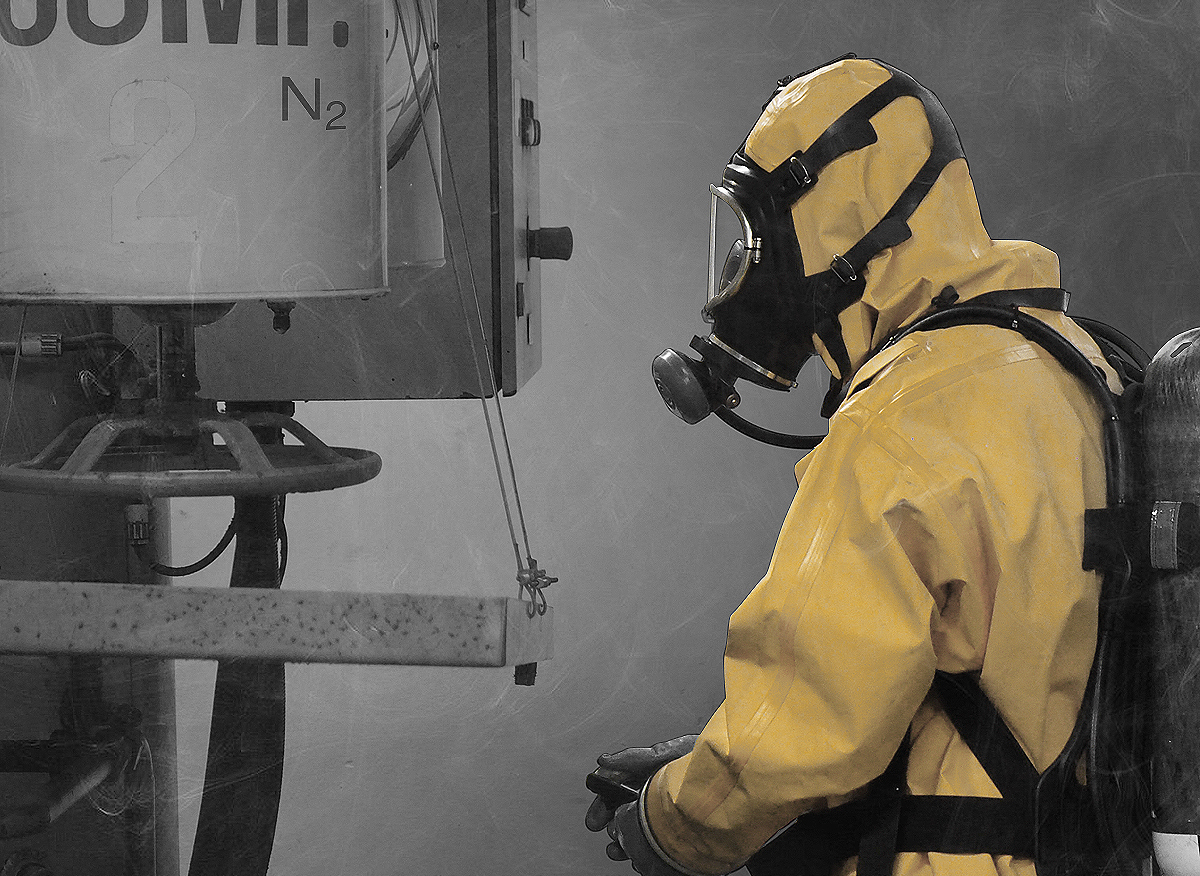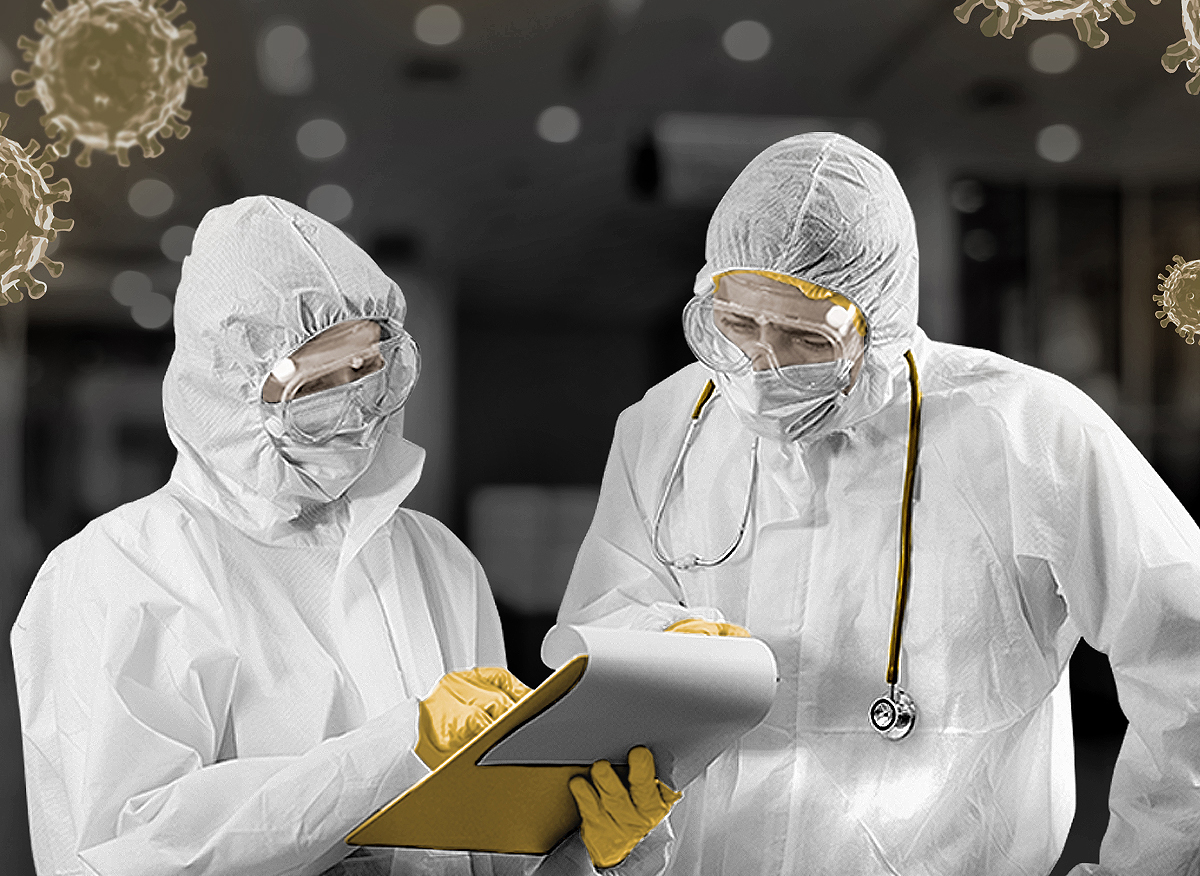On January 28, 2021, at least six people died after a chemical leak at the Foundation Food Group processing plant in Gainesville. Among those taken to the hospital were four firefighters. Nicholas Ancrum, the company’s Vice President for Human Resources, has said early indications of the devastating incident show that a nitrogen line ruptured in the plant.
The fatal leak
When leaked into the air, liquid nitrogen vaporises into an odourless gas which has the ability to displace oxygen. Therefore, leaks in enclosed areas can become fatal, pushing away breathable air and suffocating anyone in the location. While the U.S. Chemical Safety and Hazard Investigation Board said their full investigation could take several years to complete, depending on the complexity, they have released a few points that led to the chemical leak.
Alive News reports that the CSB’s initial findings said the plant had been having “unresolved operational issues on the conveyor that appear to have resulted in the accidental release of liquid nitrogen in the flash freezing bath.” Investigators stated they had also seen tools in the vicinity of the immersion freezer and had found out that there was unplanned maintenance being conducted on it.
Advocates now want the Occupational Safety and Health Administration (OSHA) to boost protections for industry workers. They also demand a federal investigation into procedures at meat processing plants across the US.
Preventing similar incidents
In the UK, the Control of Substances Hazardous to Health (COSHH) is the body of regulations that require employers to control substances that are dangerous to health. The Health and Safety Executive states employers can prevent or reduce workers’ exposure to hazardous substances by giving health surveillance and planning for unwanted incidents such as chemical leaks.
Hazardous substances can take many forms, including but not limited to chemicals, fumes, vapours, asphyxiating gases, biological agents, and more. These can enter the body through inhalation, ingestion, absorption, or ingestion. Inhaling contaminated air is the most usual route workplace substances can use to enter the body. It’s the easiest and most direct route of exposure. The average person inhales and exhales 12 times every minute. For every 60 seconds, that’s around 6 litres of air, together with the hazardous substances you’re exposed to. This is what happened in Gainesville: liquid nitrogen was accidentally released, contaminating the air, suffocating six people and injuring more.
Complying with the laws
In response to devastating accidents like this, it is normal to fear or imagine what you would do in case the same event happened to you. What could have been done to prevent it? How can processes and protocols improve? How can employees stay safe amid the risks of working with hazardous substances?
Under the COSHH regulations, employers have the responsibility to assess the substances’ risks, identify precautions, prevent or control exposure, maintain and test the control measures, monitor exposure levels, provide health surveillance, maintain PPE, prepare emergency plans, and train employees. During the Gainesville incident, while we cannot draw conclusions as of now since CSB has not yet finished their investigation, it’s worth noting that employees should have been made aware when maintenance was being conducted on the immersion freezer.
According to the Management of Health and Safety at Work Regulations 1999, employers are required to do a suitable risk assessment that also applies to maintenance work. This states that any work activities done, including maintenance work, must be risk-assessed before it is conducted. With what happened in Gainesville, it is questionable if they really assessed the risks beforehand. Six lives could have been saved if only they knew that there was a risk of accidentally releasing liquid nitrogen.
Reality check
The investigation into the incident gives a chance to check how meat processing plants are conducting their activities throughout the US. But this should be a matter of concern to plants worldwide—and not just in America—since it could have happened anywhere.
It could have been your company.
There is no excuse for complacency, no matter how many years of experience your business has. Maintenance checks should be done regularly, and each of these activities should be thoroughly assessed before getting the green light. Choosing to overlook even at least one aspect of your responsibilities as an employer can be a matter of life and death. So, abide by the laws and protect your workers’ lives.
Equip your company with the necessary knowledge to stay safe. Be sure to have a regular refresher of the different guidelines as well. You and your employees can take The Knights of Safety Academy’s courses on COSHH, such as:
The International Crash Course on Chemical Safety bundle
COSHH and Working in Confined Spaces
COSHH Risk Assessor Certification
These modules can help increase your awareness of what you need to improve as a company so you can protect your employees better—and you can study them all for free, wherever you are in the world. Spread the word and stay safe!




